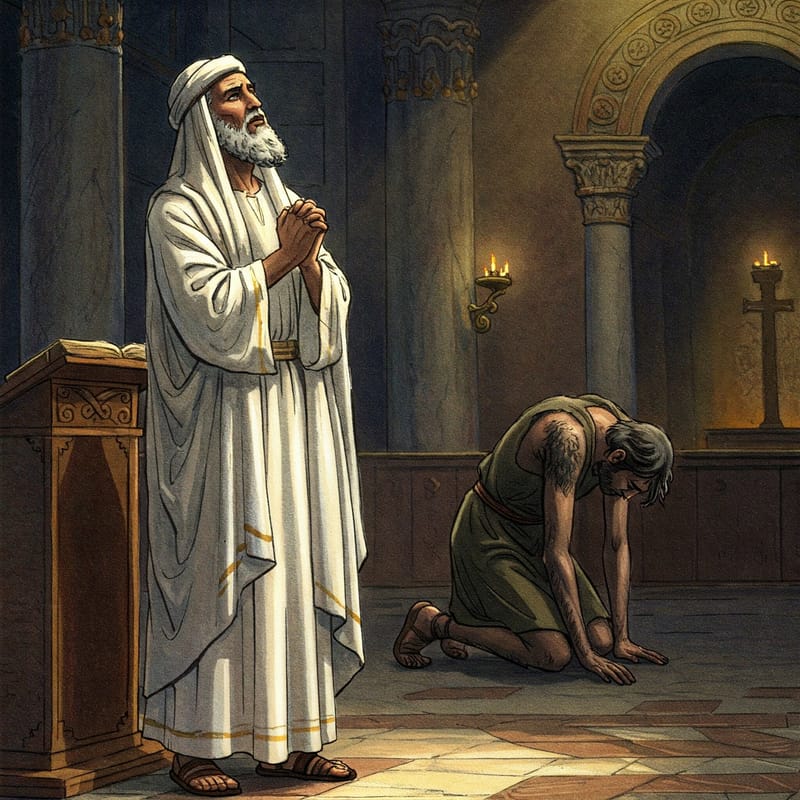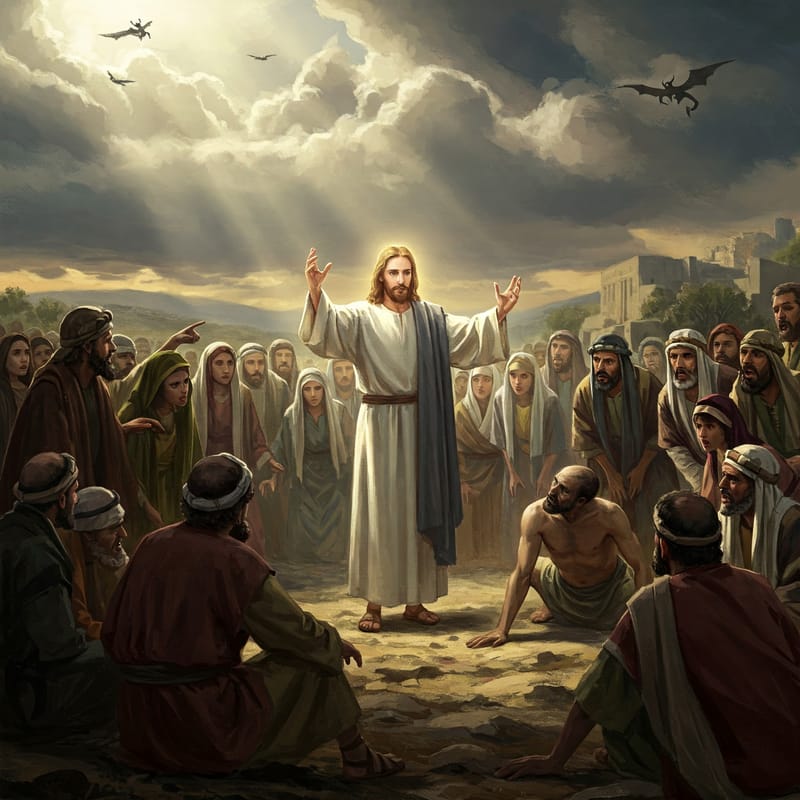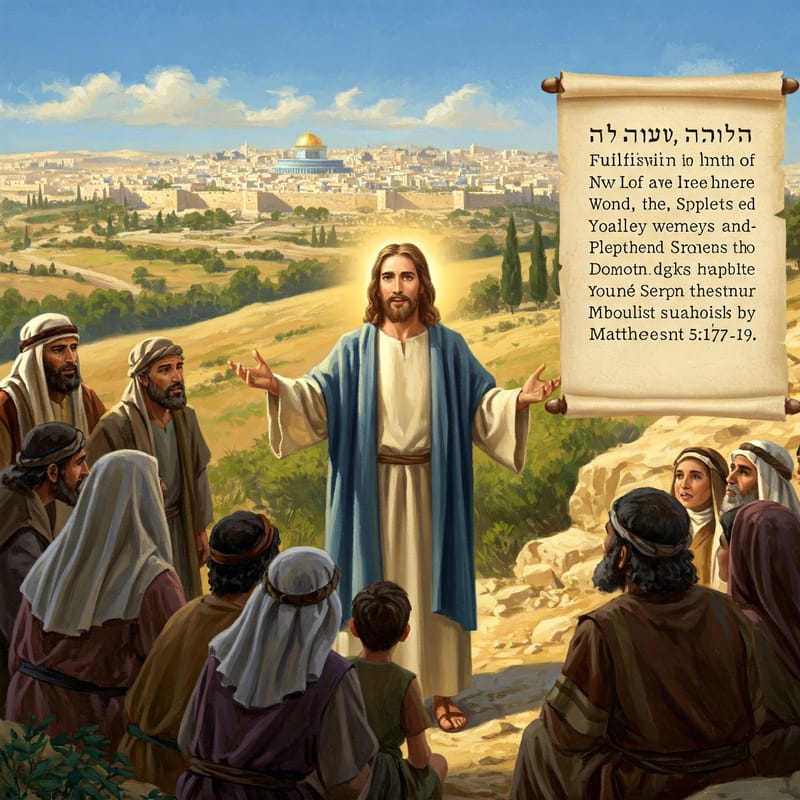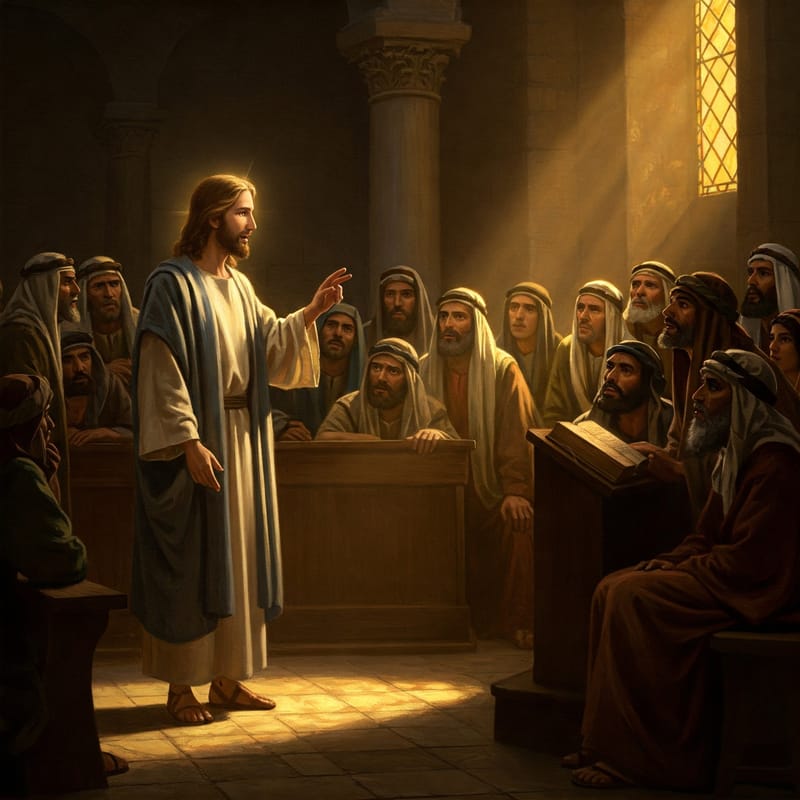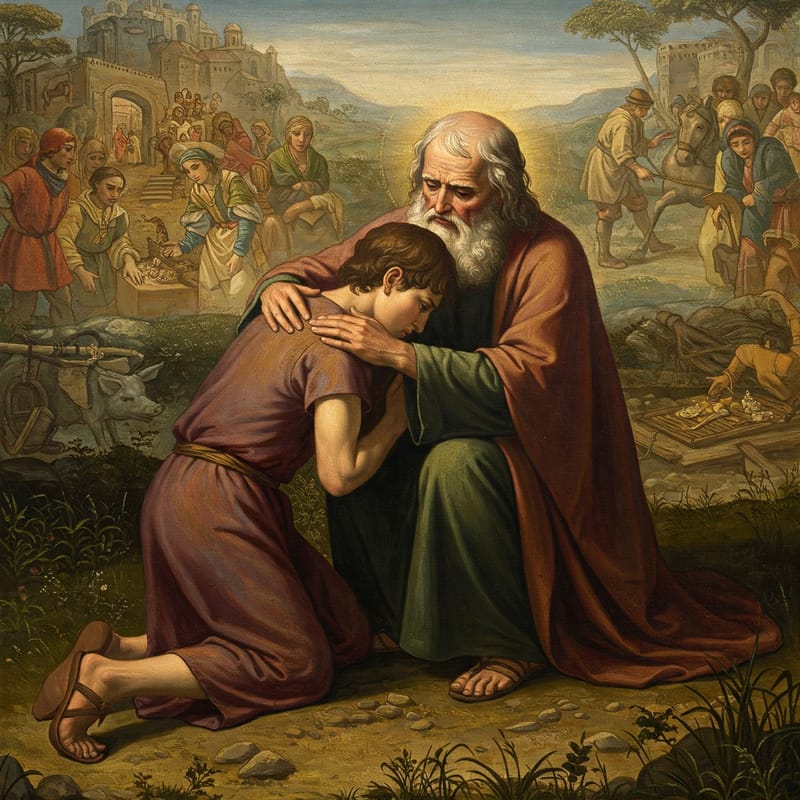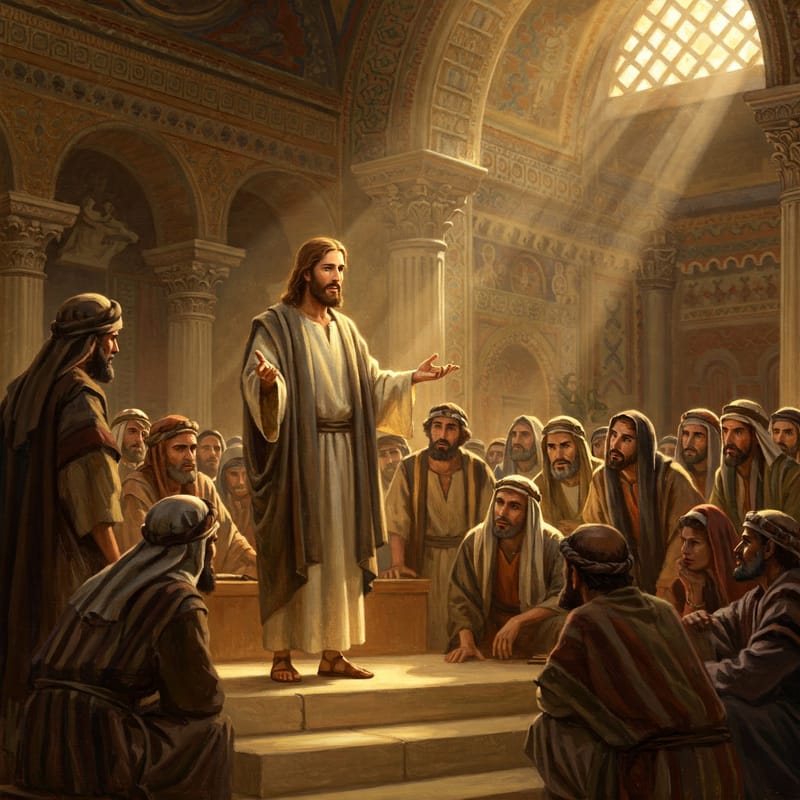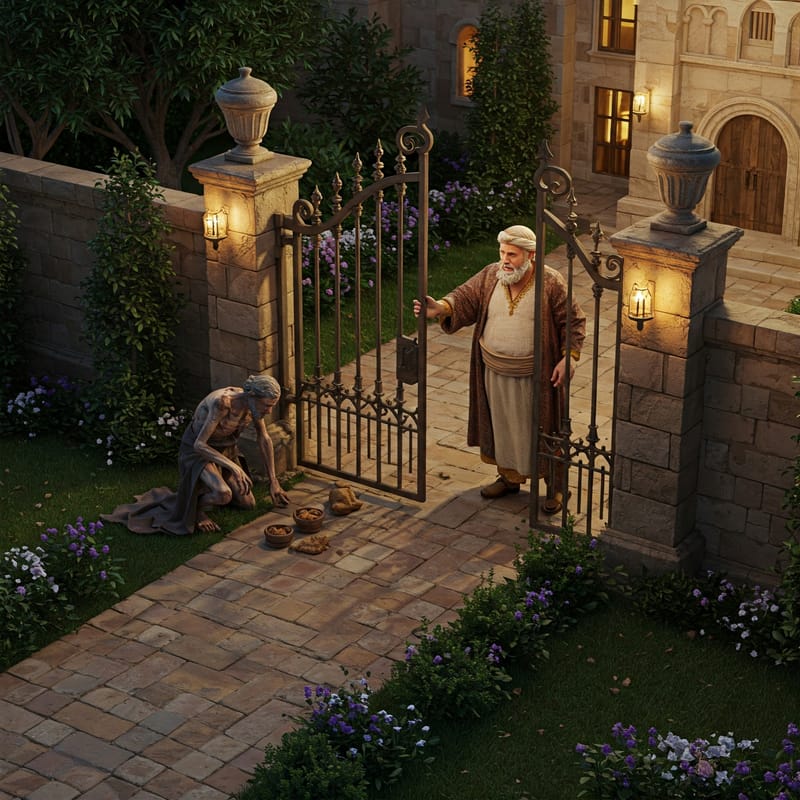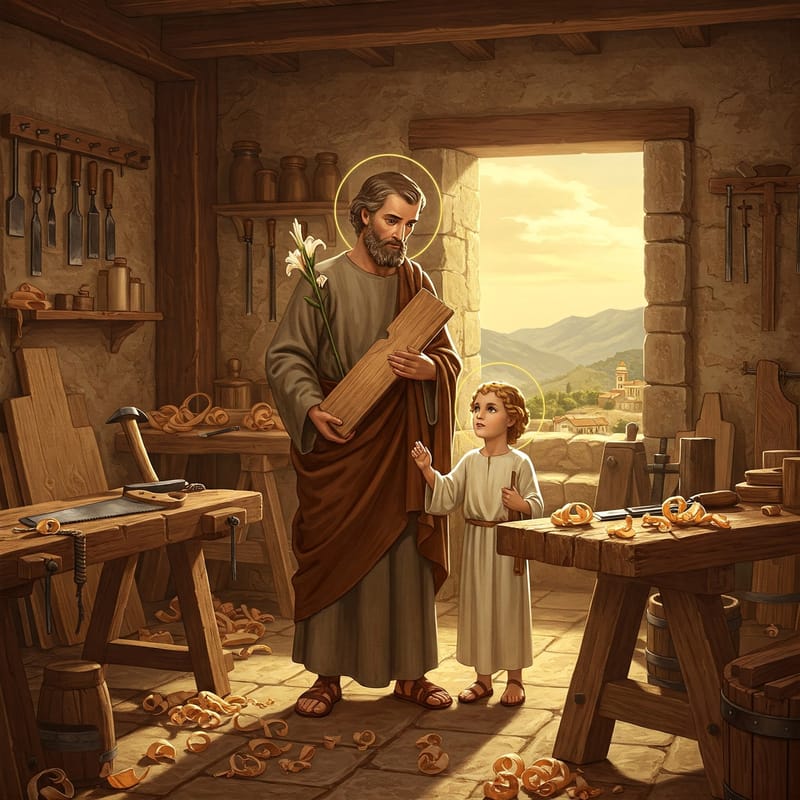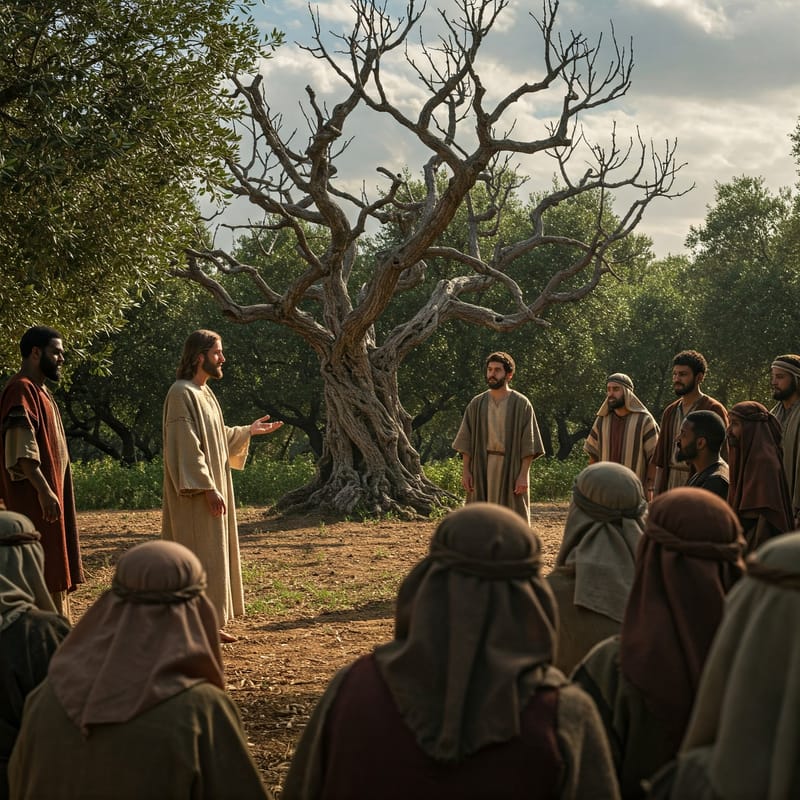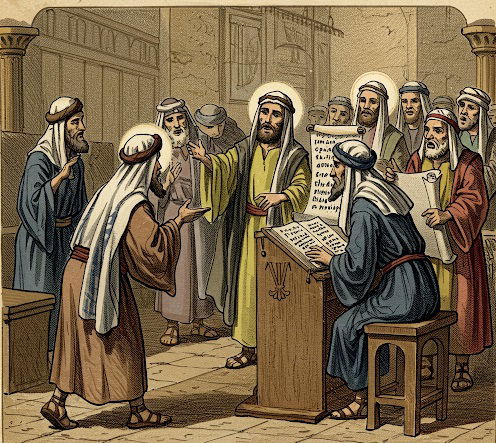DAILY HOMILIES
This parable teaches us to repent of vices such as using others to measure one’s progress in life, making others look small and unimportant, speaking ill of others, and praying against them. Repent from the philosophy of “I beta pass my neighbour.” Compare yourself only with who you were yesterday. Seek to improve, not to impress.
Read MoreGod instructed Hosea to marry a harlot to demonstrate the idolatrous practices of the Israelite nation. Just as a harlot leaves her husband for other men, we cheat on God when we break the first commandment. Hosea says: “Return to the Lord. Say to Him: ‘…Assyria shall not save us; we will not ride upon horses; we will say no more, ‘Our God’, to the work of our hands.’” (Hosea 14:2-3).
Read MoreThose who accused Jesus of casting out demons by the power of Beelzebub did so because they felt Jesus had no power. Some Christians are quick to ascribe misfortunes to the devil but find it difficult to praise God when good things happen. Jesus described the devil as a strong man but made it clear that He is stronger
Read More“Whoever then relaxes one of the least of these commandments and teaches men so, shall be called least in the kingdom of heaven; but he who does them and teaches them shall be called great in the kingdom of heaven.” Remember, you are the earth’s light and the world’s salt.
Read MoreWhy did God send an Angel to Mary? St. Augustine answered: “God created us without our consent, but He will not save us without our consent.” We always have a choice to say “Yes” or “No” to God’s plans for our lives. Great Things Happen When We Say Yes to God: God wants to do great and wonderful things through you, but He needs you to say ‘Yes’ like Mary.
Read MoreWhen the truth hits us hard, we immediately resist it because it opposes what we are used to; it challenges our pride and sense of security. Like the audience in today’s Gospel passage, we may assume we are being insulted if we don’t reflect on it. Avoid praise singers; they are like that rat that blows air on its victim before feasting on its flesh.
Read MoreNo matter what your past has been, as Micah says today, God will forgive your sin (Cf. Micah 7:18-20). The only time God will not forgive is when we refuse to ask for forgiveness. This is known as despair (the belief that God cannot forgive).
Read MoreMany believe they would rise by destroying others. Remember that the razor blade and the axe can cut, but while the razor cannot cut trees, the axe cannot shave. We would do a great disservice to God if we fought each other because of their gifts. Count your blessings, develop your gifts, and work on yourself. Stop comparing yourself with anyone else; compete only with yourself. Seek to become a better version of yourself each day.
Read MoreThe rich man did not go to hell because he was rich; neither did Lazarus enter heaven solely based on his poverty. Just as there are many wealthy people in heaven, there are many who died wretched and are in hell. I may be poor materially, but if my heart is corrupt and evil (turned away from God), I cannot enter heaven.
Read MoreSt. Joseph is a kind of Abraham; he believed the Angel’s message. Through St. Joseph’s marriage to Mary, Nathan’s prophecy in today’s First Reading came to pass. Jesus is that offspring from David’s house, whose throne is established forever. This teaches us never to doubt God. Indeed, as the Angel said to Mary, “With God, nothing is impossible.”
Read MoreIf asking has to do with praying, seeking involves making efforts. Yes, God is interested in the efforts you are making. The man who planted the fig tree did not see any fruits for three years, so he asked the vinedresser to cut it down. The vinedresser pleaded for more time to INCREASE HIS EFFORTS; that is, to dig around it, apply manure and water it more. What efforts are you making? Before you conclude that you cannot live above sin, why not increase your efforts? Why not dig around your heart and apply the manure of the word of God? The worst thing that can ever happen to you is to trivialise sin, painting it as “normal”. Every sin is a disaster.
Read MoreThe scribes and Pharisees were more concerned about their appearance than their holiness. They invested heavily in looking good but remained ugly in God’s sight. They took seats of honour at banquets but remained unworthy of the eternal banquet. They sat in the front rows of the synagogue, but without oil in their lamps, they were destined to stay outside like the foolish virgins. (cf. Matthew 25:1-13). They enjoyed the respect of men but had no integrity in God’s sight; they didn’t deserve the titles they gave themselves.
Read More